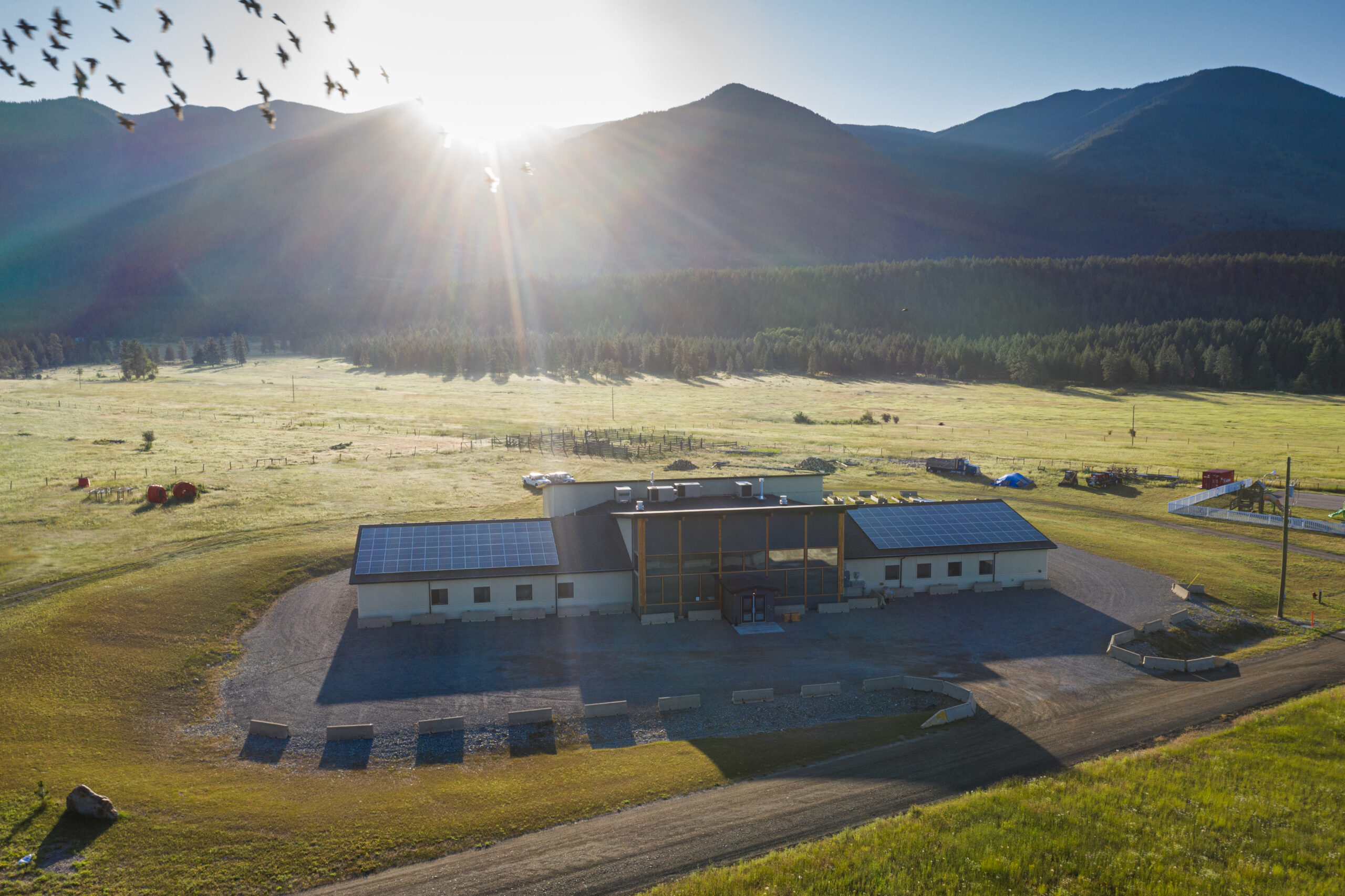The Columbia Basin Trust is giving money to 13 rural and First Nations communities to set up locations where people can gather during emergencies and disasters.
The Trust’s new Community Readiness Program is providing over $1 million to help communities create gathering spaces, with access to necessities like power, filtered air, air conditioning, emergency equipment and emergency supplies.
“Many rural and First Nations communities are taking action to adequately equip and prepare themselves during emergencies, and this new program helps them get ready for these challenging events,” senior delivery benefits manager Will Nixon said in a news release.
“With the changing climate, events like wildfires, floods and heat waves are becoming all too prevalent. Basin residents have consistently told us how important it is to become resilient to climate change, which is why we’ve introduced a program like this and made climate resilience a priority.”
Some of the recipients include the following.
Grasmere
During an emergency, the people of Grasmere and area may need access to water, food, cots and medical equipment, plus reliable power. To provide these things, the Triangle Women’s Institute is purchasing a generator and storage unit containing emergency supplies and equipment for Pioneer Hall. They will receive $22,500.
“Due to the increase in wildfires, excessive heat and power outages, the South Country community needs a place where they can go for relief and supplies during an emergency,” says secretary Toni Cisco.
“Having Pioneer Hall set up with emergency preparedness equipment and supplies will allow residents a place to go for help. The peace of mind these resources will bring to the community during emergency situations is invaluable.”
Edgewater
In case of wildfires, heat waves or other emergencies, the Edgewater Community Hall will be able to serve as an area of refuge. To increase its readiness, the Regional District of East Kootenay is upgrading the heating, cooling and air filtration system that can operate during emergencies. They will receive $90,000.
“Most homes in the region are not air conditioned and people are vulnerable to extreme heat and smoke from wildfires. By enhancing the functionality of the main community gathering facility, the community will become more resilient to the impacts of climate change,” says Gerry Wilkie, director for electoral Area G.
Yaq̓it ʔa∙knuqⱡi ‘it First Nation
To ensure more reliable power, water and communications during emergencies, Yaq̓it ʔa∙knuqⱡi ‘it First Nation is purchasing two generators and telecommunications equipment, along with first aid equipment and storage containers for emergency supplies.
“Emergency preparedness has always been a top priority for the ʔakanuxunik̓/ʔaqⱡsmaknik,” said Nasu?kin Heidi Gravelle.
“Due to the most recent emergency events, including wildfires and the COVID-19 pandemic, we have identified some of the barriers that keep us from executing emergency planning. This grant provides us with some of the necessary equipment that will allow us to act quickly in real time to emergencies in times of crisis. This will assist in the community safety and security going forward.”
Other projects include $90,000 to the ʔakisq̓ nuk First Nation to add generators, a high-efficiency particulate air filtration system and cots and blankets to the ʔakisq̓ nuk Emergency Centre (Recreation Centre); $36,420 for the Moyie Community Association to add a generator, a first aid station, rations, cots and sleeping bags to the Moyie Hall; and $119,280 to the Yaqan NuɁkiy to add a generator and transfer switch to the administration building.




